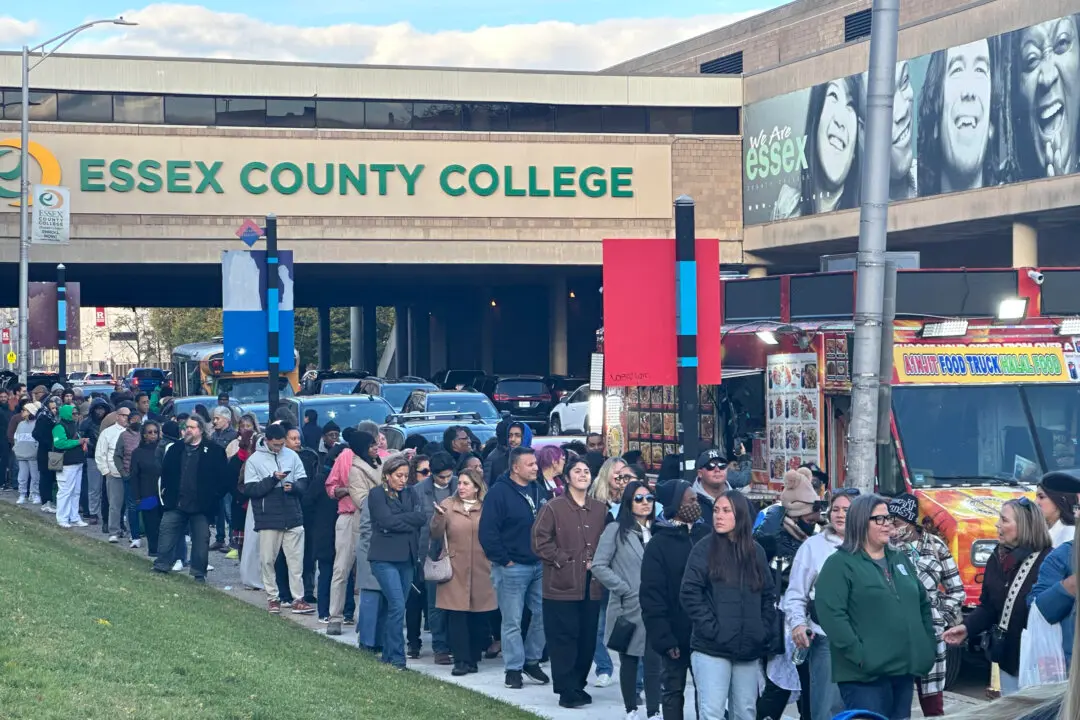The remarks started with a simple Facebook post about Taylor Swift’s new album and grew into a controversy over whether the 34-year-old’s songs are inappropriate for children and teens.
“I feel bad for all the Taylor Tots because most parents are not going to deem this album appropriate,” Crystal Barkley posted on April 19.





